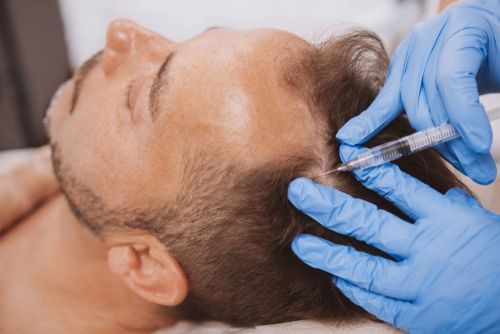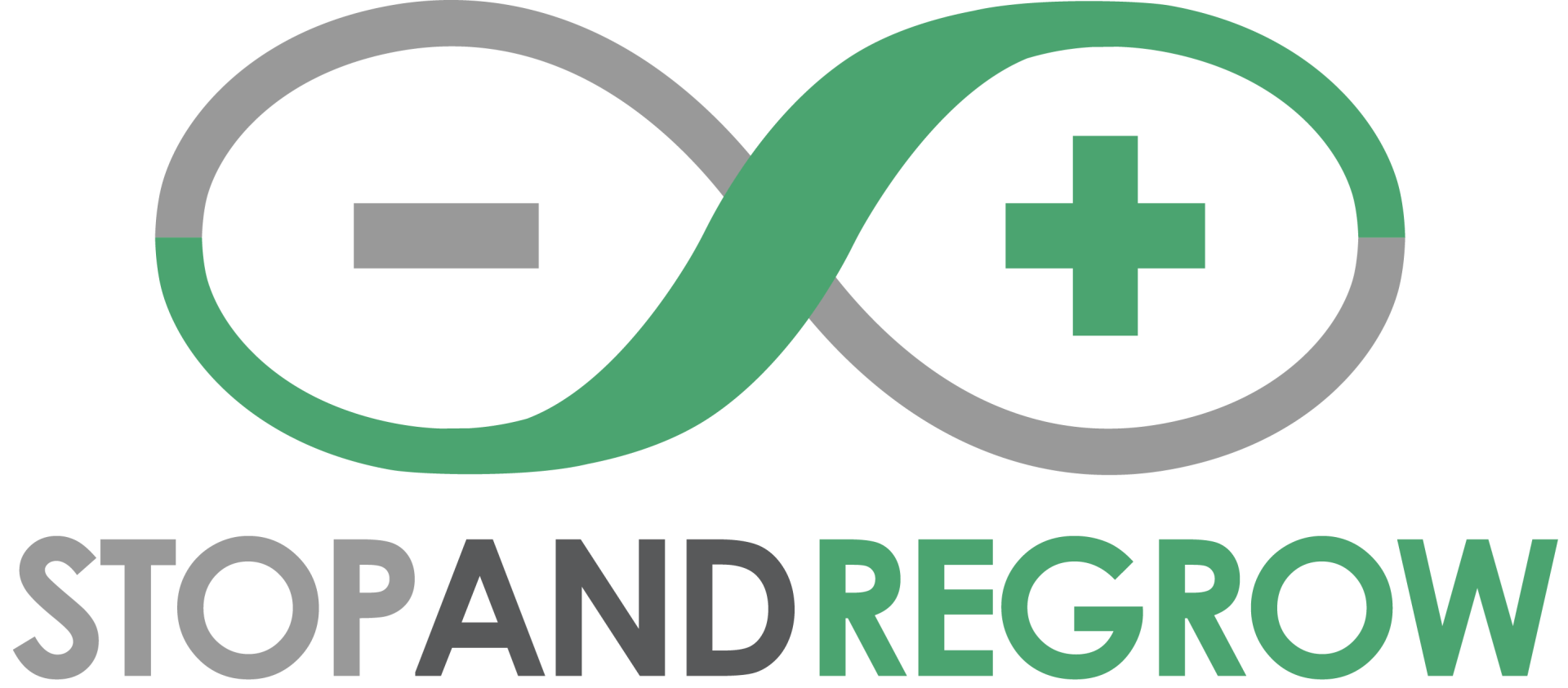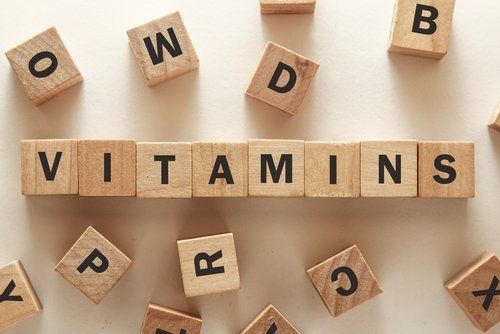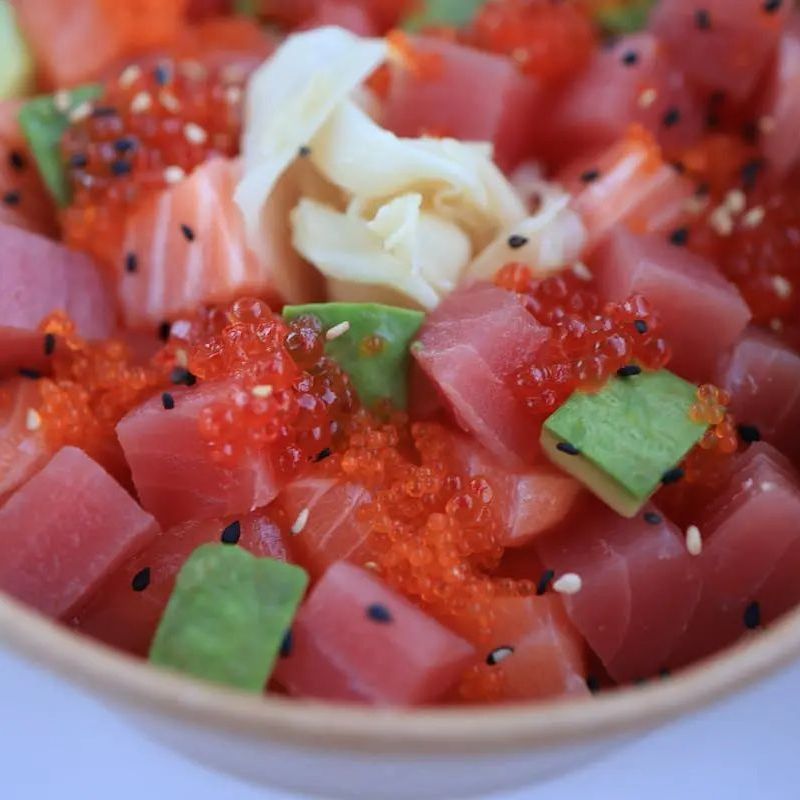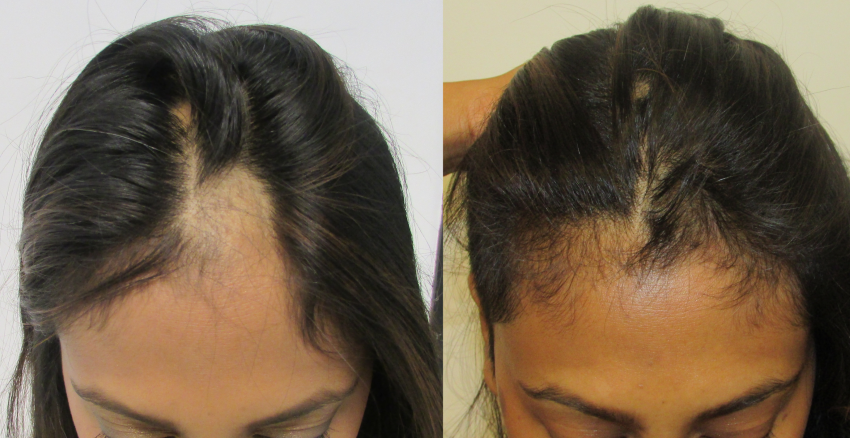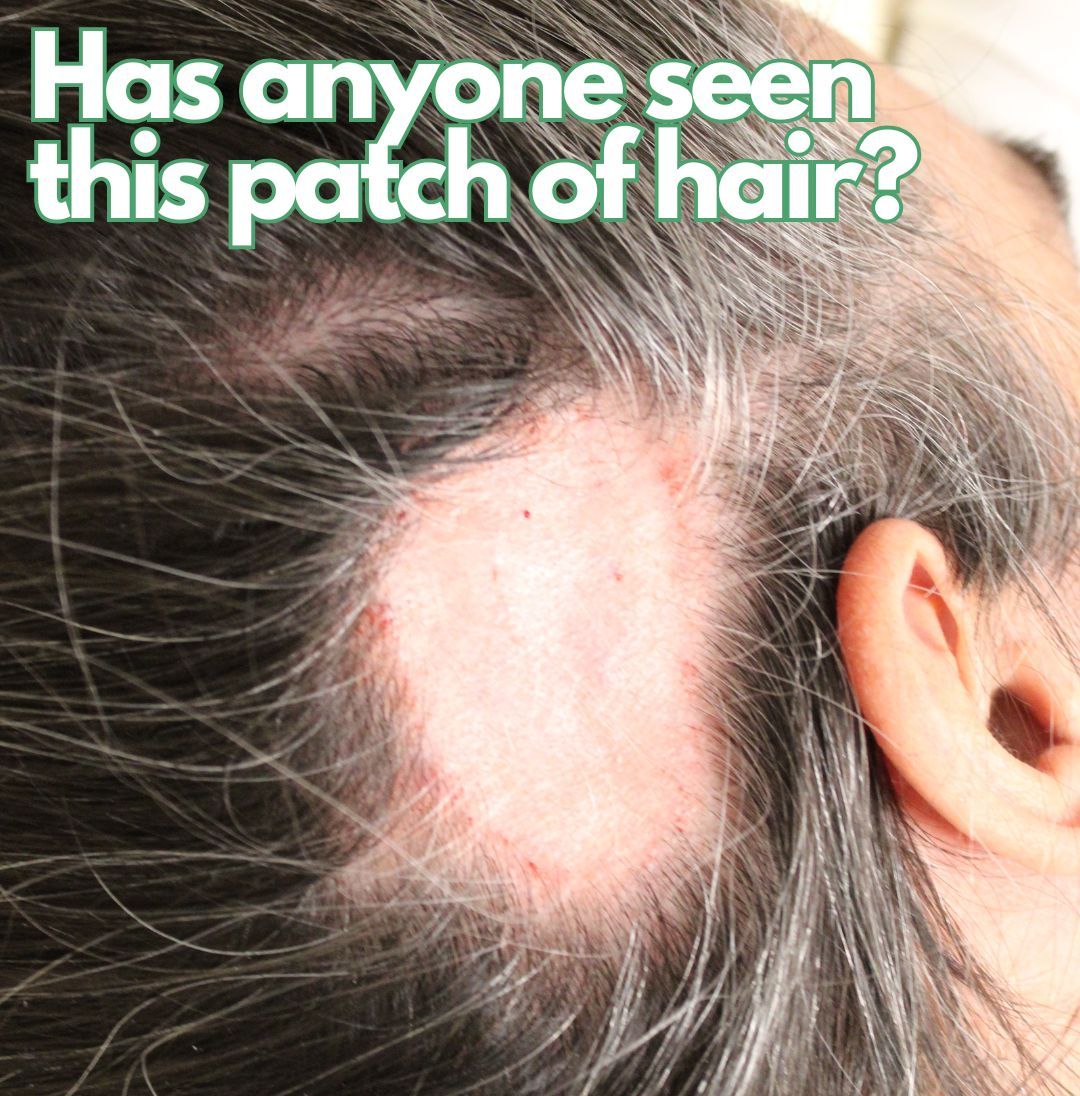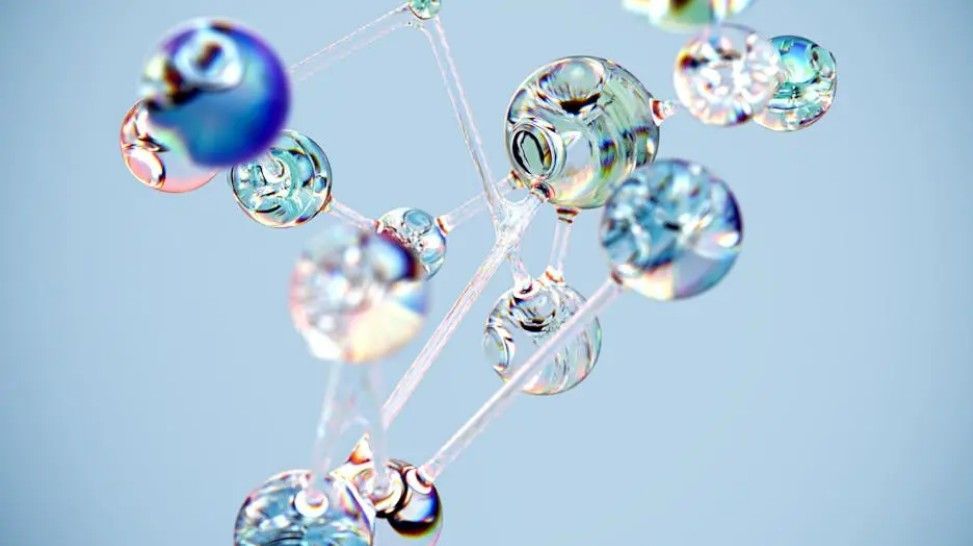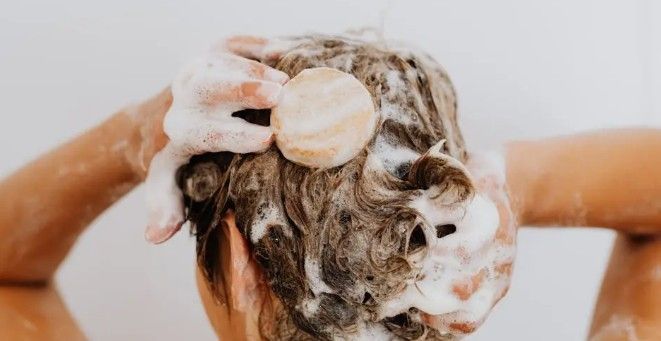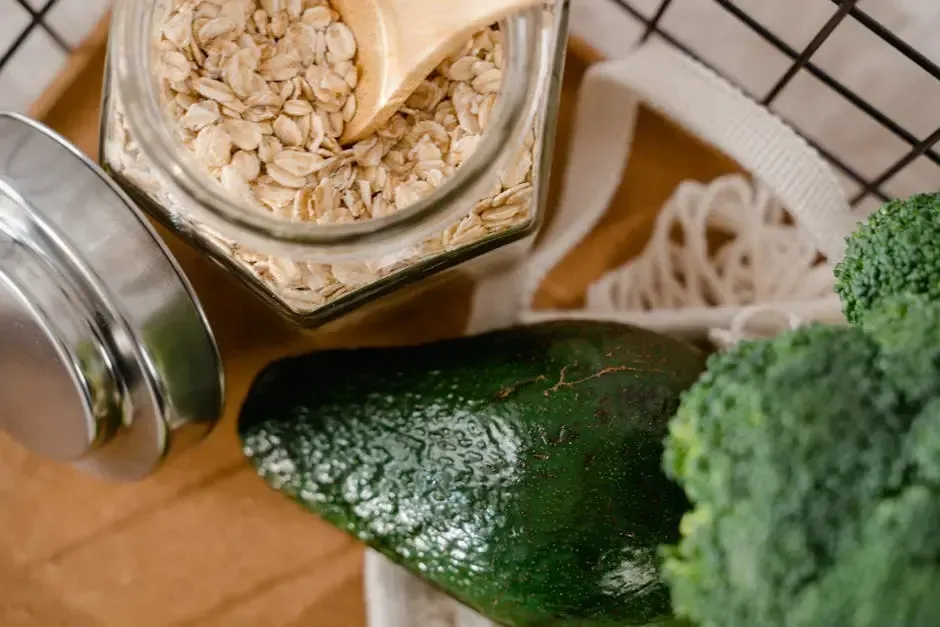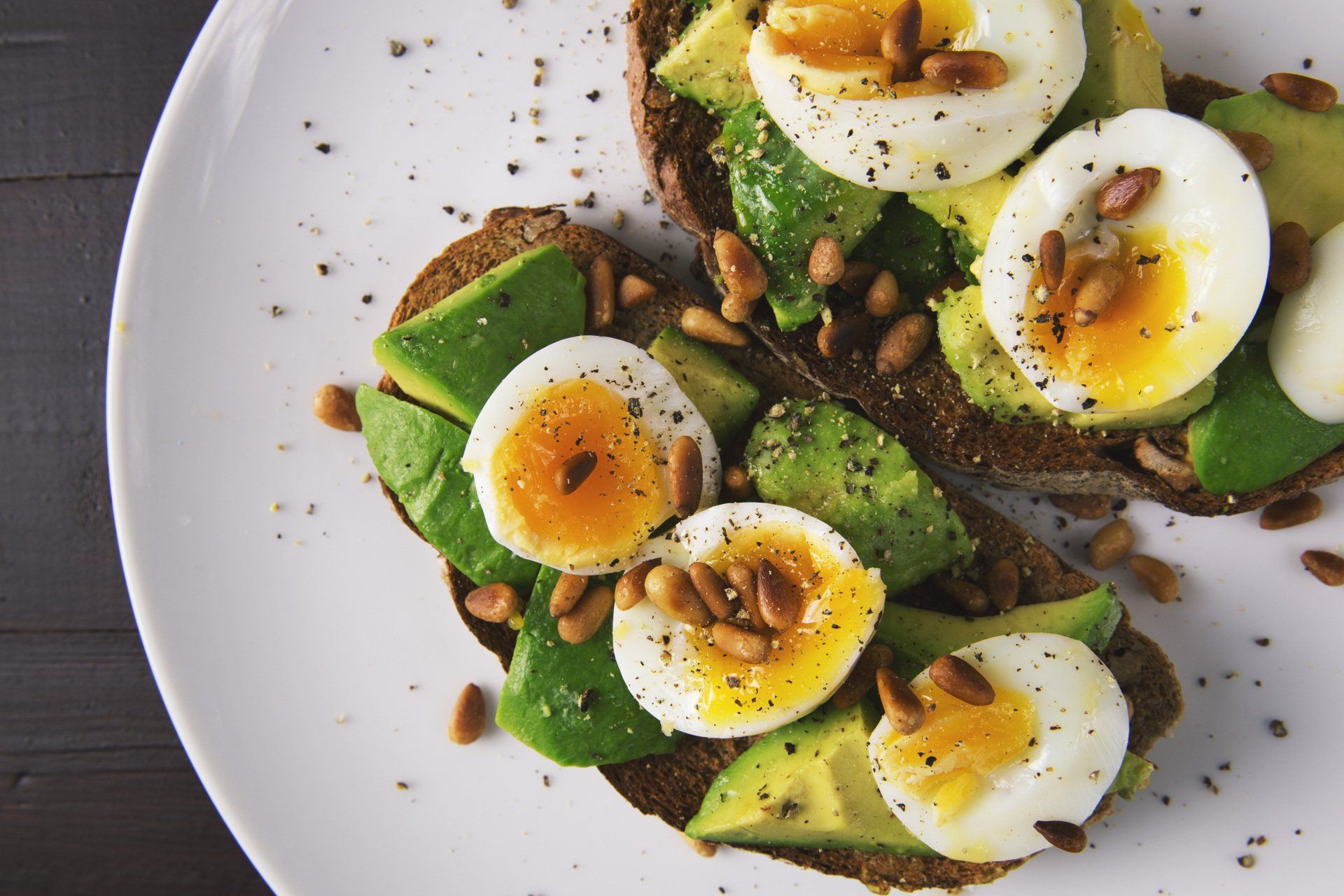My Top 5 Vitamins For Healthy Hair Growth
What are the best supplements you can take to support healthy hair growth and can the daily requirements be achieved from dietary sources instead?
I often get asked about whether there are vitamins, minerals or other supplements which can help grow hair longer and stronger. The short answer is yes. However, whether these will help you will depend entirely on the health and (hair loss) stage of your hair before you start taking them. What I am trying to say (ie: the long answer) is that if you are not currently suffering from advanced stages of hereditary hair loss then yes, supplementing your diet with additional vitamins and minerals may help increase your hair health and can even assist in growing your hair faster. If you are, then improving your diet will improve the health of the hair you have, but you really need to be solving the underlying cause of your hair loss problem as your first priority.
My Top 5 recommended healthy hair growth supplements are as follows:
Biotin
One of the most commonly known vitamins to promote strong hair is biotin, a B-complex vitamin that is sometimes referred to as Vitamin H. Biotin promotes healthy hair by increasing the hair’s elasticity and protecting against dryness, thus helping to prevent breakage. In addition, Biotin helps produce keratin, a primary component of healthy hair. Some even believe that biotin can slow down age-related graying. Nuts, root vegetables, swiss chard, avocado, eggs and mushrooms are some of the best food sources for biotin. Be careful of raw egg whites though as these have been shown to interfere with biotin nutrition.
Phytoceramides
Phytoceramides have taken the skin and hair care market by storm recently and have even been referred to by some as "the alternative to Botox". Dr Oz is a huge fan of Phytoceramides and so am I. They help all of the cells in your body retain moisture and work more efficiently. As we age, the moisture retaining protective barrier on our skin thins. Phytoceramides help re-hydrate the skin from the inside out and boost cellular renewal. This helps improve the condition of skin, hair, nails and internal organs. Phytoceramides have been used in topical form in Asia for many years and were just recently approved by the FDA for use in the United States. They can be found in high quantities in wheat germ and rice bran, but also in wheat flour, rice, sweet potato and spinach.
L-Lysine
L-lysine also known as amino acid K, is an essential micro-nutrient that does not form naturally in your body and must be ingested through foods or supplements. L-Lysine helps in the production of collagen which is important for healthy skin, hair, and nails. L-Lysine is also essential in helping the body absorb calcium and helping build tissue and muscle. As a result it may help those suffering from osteoporosis. Meat, eggs, beans and fish are good sources of L-Lysine. Taking lysine helps strengthen hair follicles and leaves hair glossy and healthy. If you are taking supplements to boost your L-Lysine levels be careful not to overdose as this can have the opposite impact on your hair. I recommend 500mg per day for hair.
Zinc
Zinc deficiency has been associated with both dandruff and hair loss. Zinc is a mineral that promotes cell reproduction, tissue growth and repair. Zinc functions in the maintenance of the oil-secreting glands attached to our hair follicles as well as helping to keep hormone levels regulated, which is one of the reasons why it is so effective in preventing and treating hair loss.
Good sources of zinc include red meats in particular, but also seafood, poultry, mussels, shrimp and oysters. Eggs and milk also supply zinc but in smaller amounts. Whole-grain products, nuts, seeds and legumes do contain zinc, but in a form that is less absorbable by the body. Like L-Lysine, too much zinc in the body is not good and can increase levels of DHT, which as we know is a major cause of hair loss.
Zinc supplementation is important because even though zinc is common in most people’s diets, only 30% of the zinc present is absorbed. The recommended daily intake of zinc is 8 – 11 mg but the recommended daily dose of the mineral in supplement form is 15 mg delivered as a chelate. Zinc supplements come in many forms. The amino acid chelates of zinc provide the best absorption of zinc.
One important thing to note about Zinc is its interactions with other supplements. Zinc reduces the amount of copper in the body, it is therefore recommended to take a little copper supplement along with it. Zinc supplementation is also often paired with selenium supplementation because the latter is a known antioxidant which protects pathways known to promote hair growth. On the other hand, zinc reduces the absorption of calcium and vice versa. For this reason, Zinc supplements formulated with calcium should be avoided. Similarly, zinc should not be taken with foods such as milk or cheese with high calcium content. It also should not be taken alongside fibrous food since dietary fiber binds minerals and prevent their absorption. Lean meat, on the other hand, as well as shellfish, fish and eggs improve the absorption of zinc.
Vitamin C
Most of us are aware that vitamin C can help boost our immunity, protecting us against frequent colds and other diseases. What many people don’t realize, though, is vitamin C can help strengthen hair and help it grow. That’s partly because vitamin C helps the body produce collagen, a vital protein for healthy hair, skin, and nails. Additionally, vitamin C is an antioxidant that fights free radicals that damage body tissue. Free radicals have been known to damage hair, making it weak and brittle. If you notice your hair breaking a lot or shedding, it may be due to vitamin C deficiency.
While you can simply take a vitamin C supplement, researchers say it’s best to load up on nutrients from whole foods. Some foods that are high in vitamin C include oranges, broccoli, kale, brussel sprouts, papayas, strawberries, kiwi, and red bell peppers.
Additional Nutrients Important For Healthy Hair Growth
Besides the 5 vitamins listed above, there are also other nutrients helpful for healthy hair growth that can't always be sourced from food based sources. Unfortunately modern agricultural methods over time have removed many necessary nutrients from our food sources. Think of the once golden orange corn that was high in protein, beta-carotene and fibre which over the last 100 years has been bred into the sweet white corn we eat today which has barely any protein or fiber, has very little beta-carotene and is instead high in sugar. What about the root vegetables of the past which bore necessary B12 from the micro-soil attached to the outside that are now power-washed to remove any trace of that necessary microbial goodness.
That's why Dr Nettles has studied the chemical makeup of hair and incorporated the most essential nutrients for healthy hair growth into his hair regrowth formulas.
Whilst the addition of these supplements to your daily routine can certainly help you improve the health and growth of your hair, they will not cure hair loss. If you are concerned about thinning or receding hair and would like a second opinion as to whether the cause is hereditary or hormonal, give us a call to schedule an appointment today on (310) 601-4778 or you can book a free phone consultation online here.
Recent Articles From Our Blog
